How to Find the Best ABA Center – Part 2: Communication
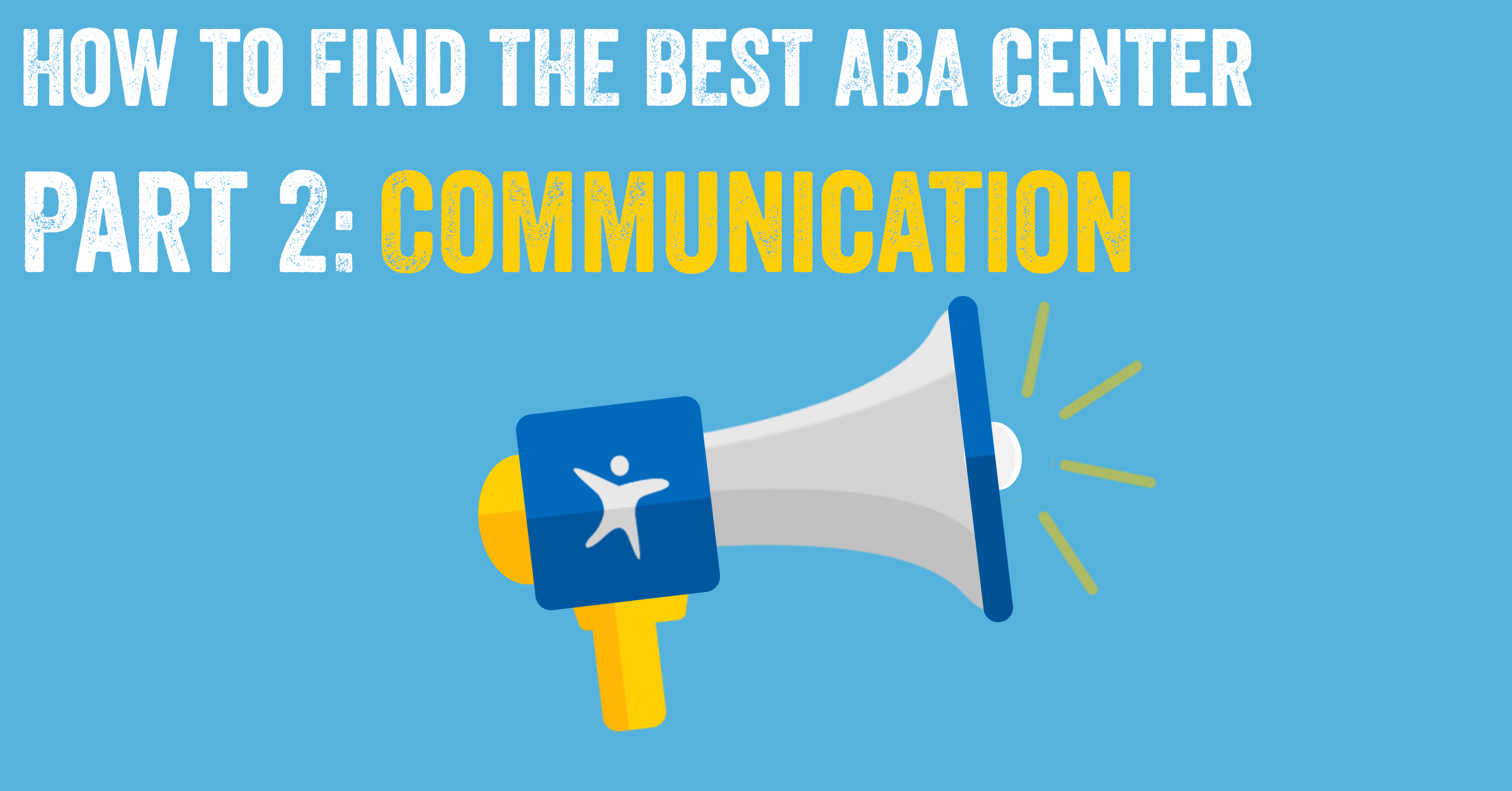
Great communication can make the experience with your ABA provider much more positive. On the flip side, an ABA center with bad communication can cause you serious frustration. Let’s walk through some ways that you can tell if a center has poor communication skills before you enroll.
Daily, two-way parent communication
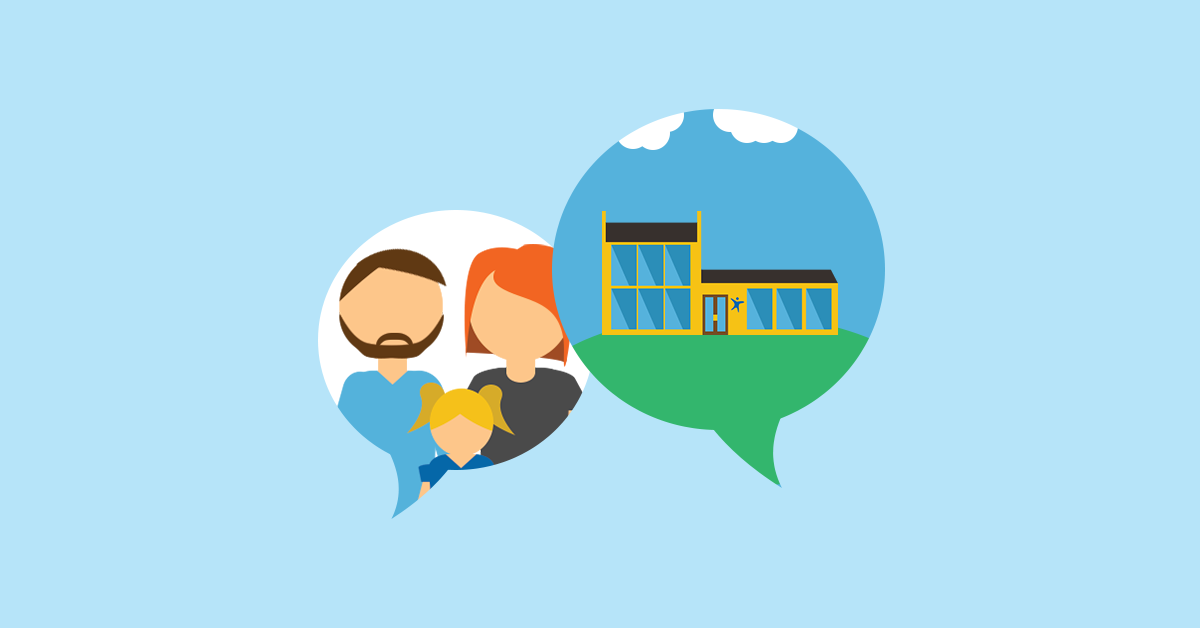
If you dropped your child off at an ABA center for 8 hours a day, would you like to know how their day went? Would it be important to know if they had a good day or a bad day? Did they have a lot of behavior issues? Did they acquire a new skill? If an ABA center is not routinely providing you information on how your child’s day went, the center is probably lacking in parent communication skills.
Additionally, just like you should want to know about your child’s time at the center, the supervisors of your child’s therapy program should want to know about your child’s time at home. Did they get a good night’s sleep? Were there any interruptions in their eating? Did they take their medication? These are all things your ABA center should want to know because they may impact therapy.
A high-quality ABA center should have a system in place that creates daily, two-way communication between parent and staff. Such a system makes it easy for parents to know how their child did throughout the day. This communication system also makes it easy for the parent to tell the ABA center about what’s going on at home.
One example of a two-way communication system, is a daily communication binder. A communication binder gets passed between the parent and the center. Upon picking up their child from a day at the ABA center, the parent would also pick up the communication binder. The binder would include notes about how their child’s day went, their successes and their challenges. The parent would take the binder home for the night and could add notes to the binder about anything going on at home that night. The next day when the parent takes their child back to the center, they will also return the communication binder. As a result, both staff and parents will have a better understanding of the child’s progress.
A communication binder is just one example. There can be many other ways that ABA centers provide daily, two-way communication. Just make sure that the center provides a simple, well-integrated system for both the parents and the center to monitor your child’s behavior and skills.
Access to Face to Face time with Staff
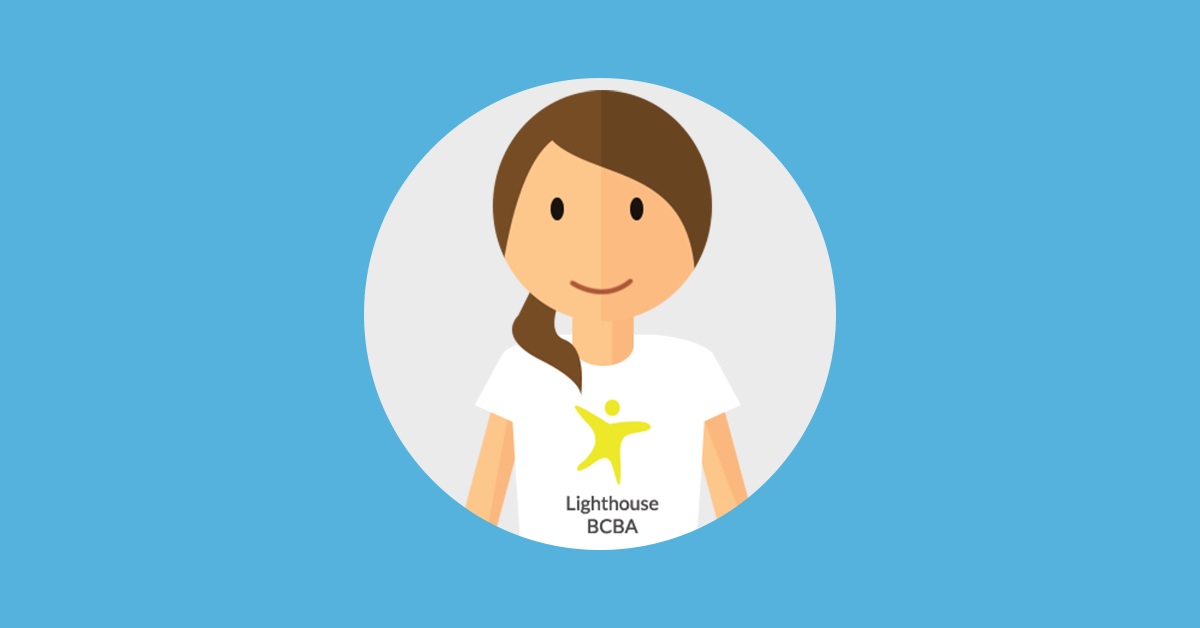
Are you able to come into the center any time during the day and talk to the staff? Can you get face-to-face time with the ABA therapists that work with your child?
Generally, ABA centers will have locked doors during regular therapy hours and only individuals with keys or door fobs will be able to enter. A quality ABA center will provide you with the means to access the building during the day so that you can walk in and speak with the staff.
It’s not a great sign if you can’t see a center at all during therapy hours. Often, centers are hiding the chaos and messiness that their less-than-adequate therapy programs are producing. Not to mention, this shows a general lack of willingness to be available and helpful.
Ability to get ahold of BCBA’s managing your Child’s Program

Is it possible for you to email your BCBA during the day and get a response? A quality center will have BCBA’s that are attendant to parents.
You might need to contact your BCBA to let them know that you are worried about something specific regarding your child. Perhaps your child isn’t sleeping very well, is taking a new medication, or something else that you haven’t told the center yet.
If you send your BCBA an email about your child, wouldn’t you want to hear back at some point? Wouldn’t you want to know that they received your email and any action items that are going to come as a result?
If you never hear back from your BCBA, that’s a red flag. Perhaps your BCBA has an overly large case load and is unable to focus much attention on each individual child. It could also mean that your BCBA simply doesn’t care about communicating with parents; which is of course a huge problem as well.
Center Communicates with your Child’s other Providers
Is your child is receiving more medical and therapeutic services than just ABA therapy? Your child might have an occupational therapist, speech pathologist, child psychiatrist, or pediatricians to name a few. The school they may attend spends time with them every day and understands their skills and behaviors in a classroom setting. A quality ABA center will often seek to consult with these professionals regarding your child’s therapy program.
Here’s an example. Your child has been receiving speech therapy from a speech pathologist, once per week. Your child then starts going to an ABA center. This is a relationship that the supervising BCBA will want to start from day one! The program supervisors can collaborate with your child’s speech pathologist on ways to develop their skills and incorporate speech goals into their daily ABA program. Through other therapy professionals, the ABA center gets insight and expertise into your child that they wouldn’t have otherwise. If the ABA center never consults with your child’s other therapy providers, they are ignoring possibly valuable information that can enhance the therapy’s effectiveness.
Center Communicates with your Child’s School
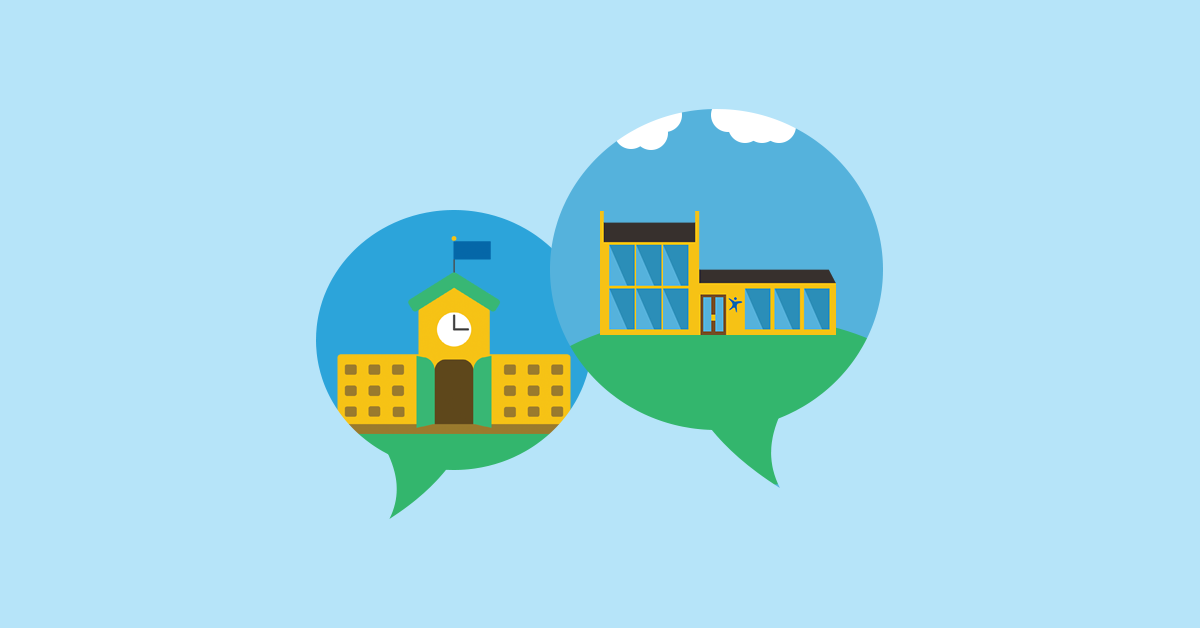
Let’s not forget what can be one of the most important goals of ABA therapy: transitioning your child back into a school setting. If an ABA center isn’t working with your child’s school, principal, and teacher before a transition, a transition into school will prove to be difficult. Most children with autism will often need an Individualized Education Plan(IEP) in the public school system, which is primarily left up to the parents to initiate. If your child needs an IEP, you want to know that the ABA center is going to be available as a support for certain aspects of the IEP. A Quality ABA center might provide teachers with information about your child’s goals, support systems, behaviors, preferences and other things that can better equip school teachers to provide a positive learning experience.
Find a Center Near You
Interested in finding an autism center near you? Click Find a Center below to view a full list of current autism therapy centers.
Related News

12/06/2024
Social Skills Deficits – Lighthouse Autism Center
Autistic children often experience social interactions differently, processing social cues and conventions in unique ways and struggling with the basic social skills many of us take for granted. This blog explores how social deficits can affect their daily lives, from communication struggles to peer interactions, and steps parents and caregivers can take to help their […]
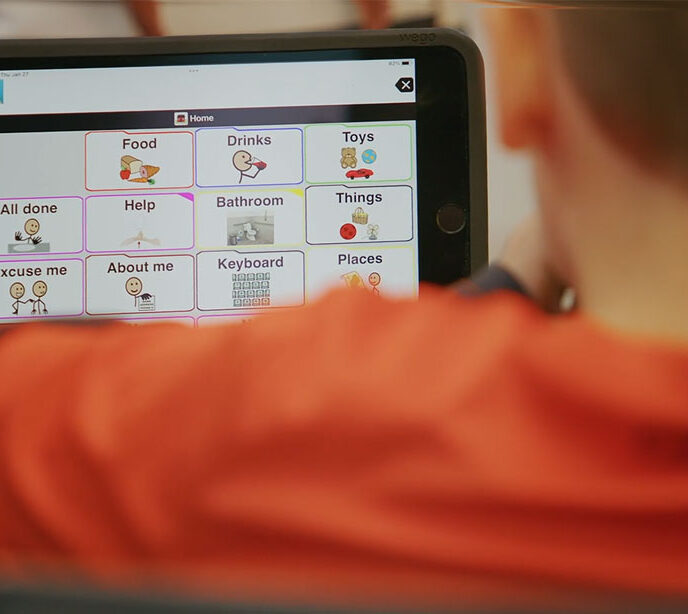
12/06/2024
Understanding & Using AAC Devices – Lighthouse Autism Center
Communication is a vital part of our daily lives. For those who have difficulty with vocal speech, Augmentative and Alternative Communication (AAC) can be a useful tool. AAC devices can help both children and adults with speech difficulties express themselves, connect with others, and improve their independence. Read this blog for a deep dive into […]
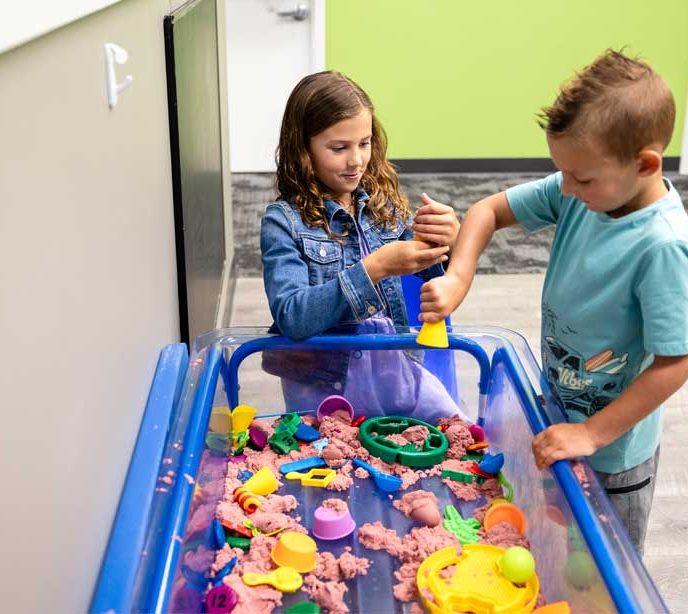
12/06/2024
Safe Activities for Autistic Children – Lighthouse Autism Center
Safety is a prominent concern for any parent or caregiver of every child regardless of being on the autism spectrum.


